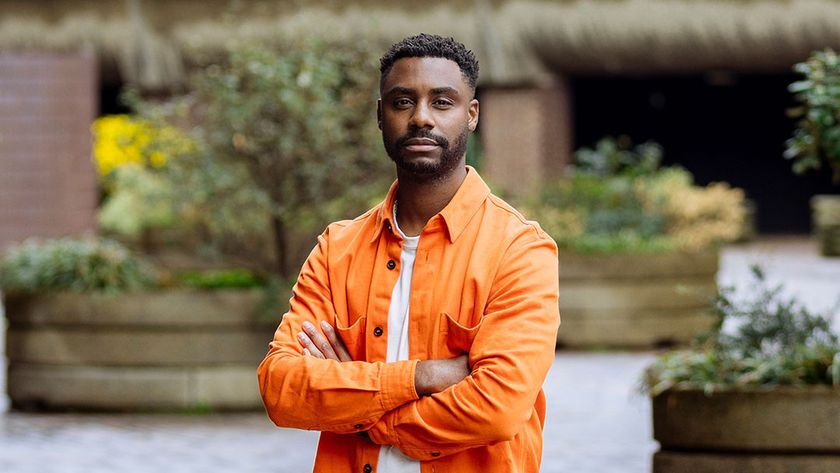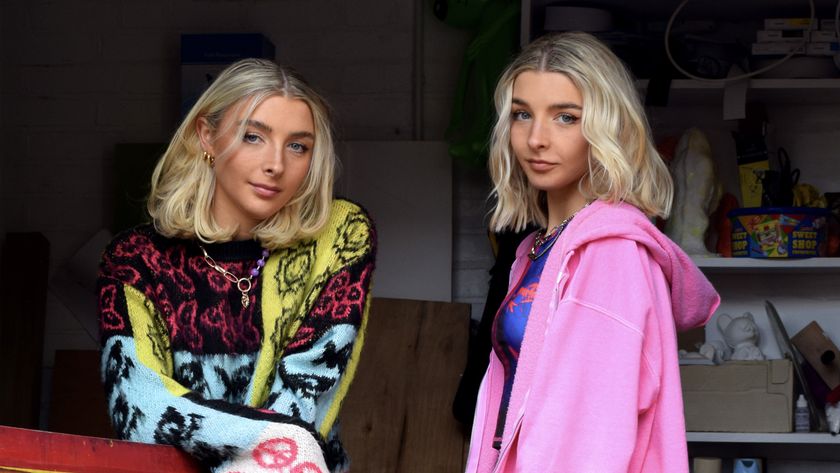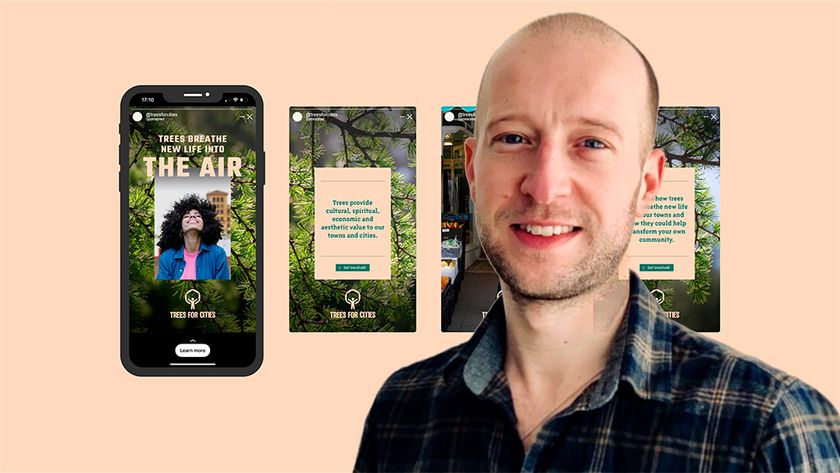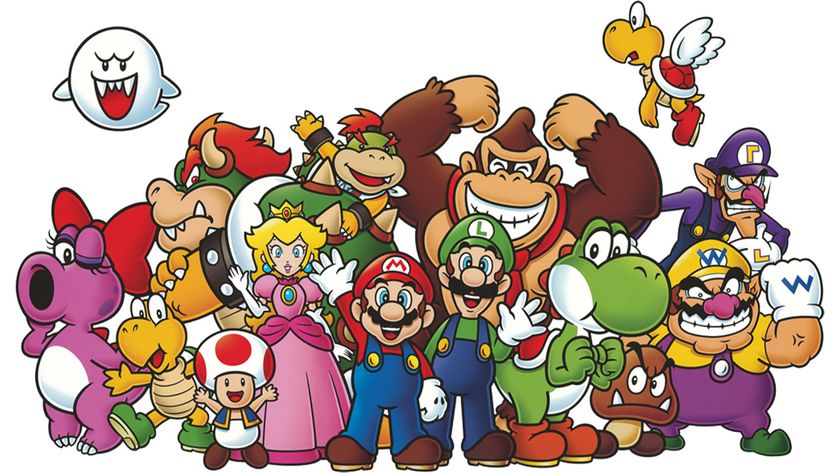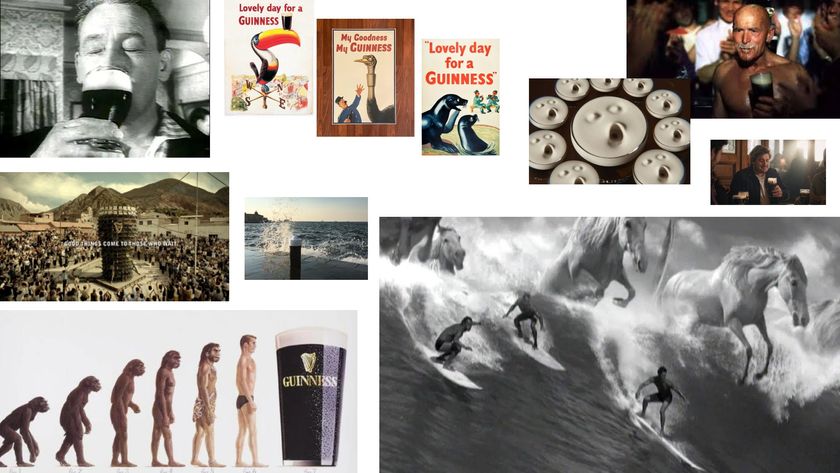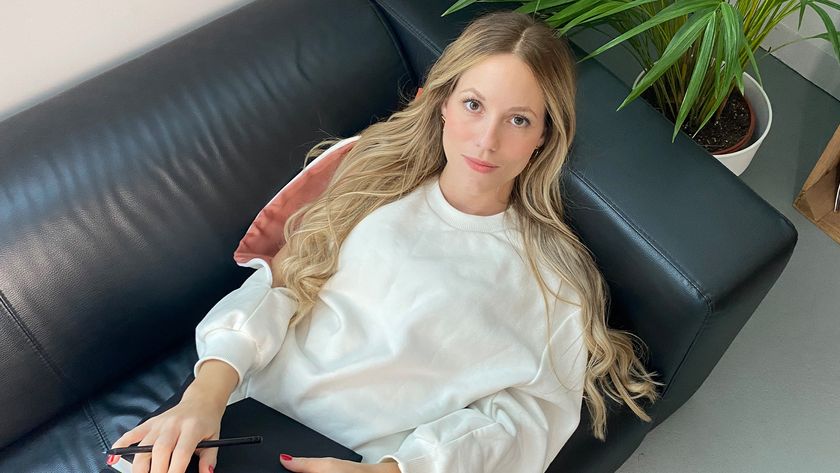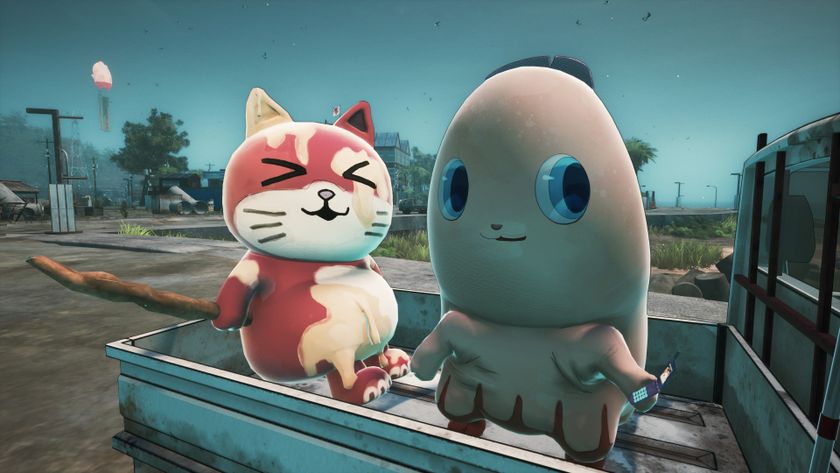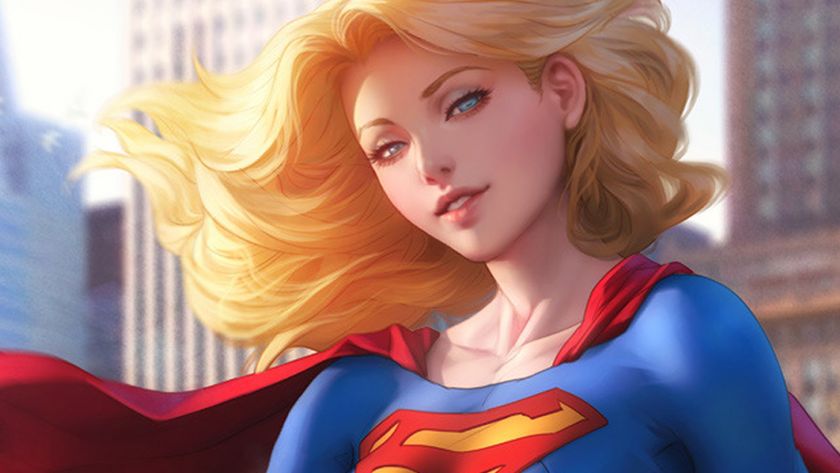Top ways to get your work noticed on Behance
Now that you have your Behance portfolio set up, you may be asking yourself, what next? Here are a few tips and tricks to get you noticed on Behance.
So you've set up your Behance portfolio using our simple walkthrough. Now what? How do you get people to visit it?
One of the ways you can garner greater visibility is to get your portfolio featured on Behance's curated galleries.
When someone opens the Behance homepage, the first thing they see is the “Featured Gallery” — a selection of projects chosen by Behance’s team of curators. Behance states on its Team Blog: "Behance’s Curators are trying to expose especially innovative and well-crafted work. They consider all sorts of factors when reviewing a project, including quality and originality of work, presentation of the project, and the traction it is getting in the community (appreciations, comments, etc)".
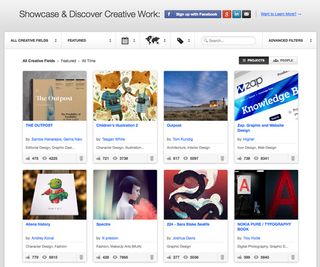
Behance also offers more than a dozen additional curated galleries for specific creative mediums such as illustration, photography, and branding, just to name a few. According to Behance, the projects curated for these galleries and the overall featured gallery represent only one per cent of the thousands of projects submitted each day.
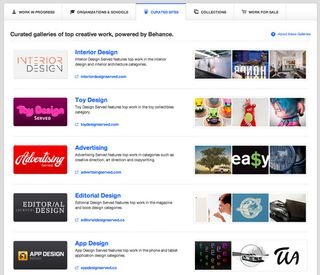
The million-dollar question is: how do you get one of your projects selected for the featured or curated galleries? Unfortunately there is no secret password or magic formula, but there are a few things that you can do when creating your project to help to get your work noticed...
01. Highlight the work
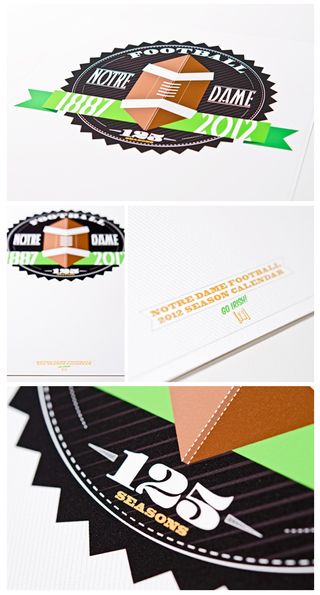
A common missed opportunity when using Behance is uploading a single image into your project to represent your work.
You have to think of your projects as advertisements, and you’re selling you. Present the work like you would for a job interview in a creative and professional way.
Get the Creative Bloq Newsletter
Daily design news, reviews, how-tos and more, as picked by the editors.
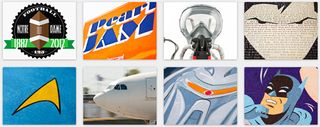
Since you can't physically show visitors your work try to include enough detailed images to give them a sense of what it would be like to hold it in their hands.
Remember, length is key. You don’t want your project to be too short or too long. Behance recommends a range of six to 20 images without duplicates that are a nice size and clean of watermarks that could detract from the work.
02. Choose a cover image
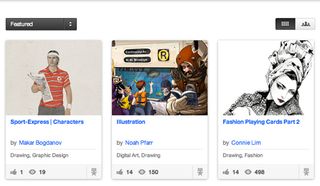
When deciding on a cover image to represent your project, remember that it will be this image that entices the viewer to click on your work. In general it’s a good idea to stay away from using text in your cover images unless your project is about typography.
A text cover may not be good a way to draw people in, if say you’re a photographer highlighting your latest photo shoot. Let the work speak for itself. Your cover image should leave your visitors wanting more.
03. Only publish when you are finished
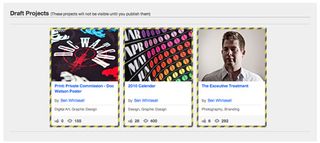
You should only publish your project when it’s completely finished and you are completely happy with the final result. Once a project is published people will be able see it. You wouldn’t want to try and sell a house that has only been half painted, would you? Remember, you can keep projects that you are still working in the “Draft Projects” section under your profile’s “My Work” tab. Your final published project should be something you are ready for the world to see, which will include the Behance curators. With the overwhelming number of daily submissions, they may only see your project once. You will want it to be perfect once you hit that publish button in order to get a shot at the curated galleries.
04. Create some buzz
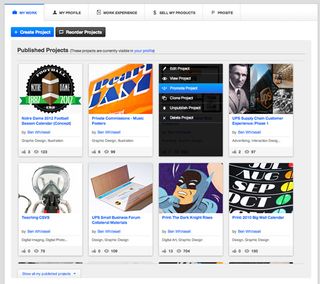
Another often over looked aspect of creating a project on Behance is promoting it. Once your project has been published, try and create some buzz around it. Built into the “Public Project” section of your Behance portfolio is a ‘Promote Project’ button that will allow you to send out a notification about your project to Twitter, Facebook, and Linkedin at the same time.
Use these tools as well as other social media outlets such as personal blogs, Pinterest, or Tumblr to extend the visibility of your project to your friends and followers. Attracting project appreciations and comments can be another great way to get you noticed by the Behance curators. As stated early by the Behance team, they are looking for projects generating traction among the community.
There are no guarantees that you make it into a featured or curated gallery. However, these 4 tips can not only improve your odds but are also helpful in making sure that you represent your work in the best possible light to anyone that might view your projects.
To stay up-to-date with the latest happenings with Behance’s website as well as find additional hints about how Behance curates their projects, feel free to visit Behance’s Team Blog for more information.
- Ben Whitesell is a designer, illustrator and photographer based in Louisville, Kentucky. Read our interview with him here.
Liked this? Read these!
- 20 inspiring examples of design portfolios
- 10 tips for ultimate design interview success
- The 50 best Tumblr blogs for designers

Thank you for reading 5 articles this month* Join now for unlimited access
Enjoy your first month for just £1 / $1 / €1
*Read 5 free articles per month without a subscription

Join now for unlimited access
Try first month for just £1 / $1 / €1
The Creative Bloq team is made up of a group of design fans, and has changed and evolved since Creative Bloq began back in 2012. The current website team consists of eight full-time members of staff: Editor Georgia Coggan, Deputy Editor Rosie Hilder, Ecommerce Editor Beren Neale, Senior News Editor Daniel Piper, Editor, Digital Art and 3D Ian Dean, Tech Reviews Editor Erlingur Einarsson and Ecommerce Writer Beth Nicholls and Staff Writer Natalie Fear, as well as a roster of freelancers from around the world. The 3D World and ImagineFX magazine teams also pitch in, ensuring that content from 3D World and ImagineFX is represented on Creative Bloq.


